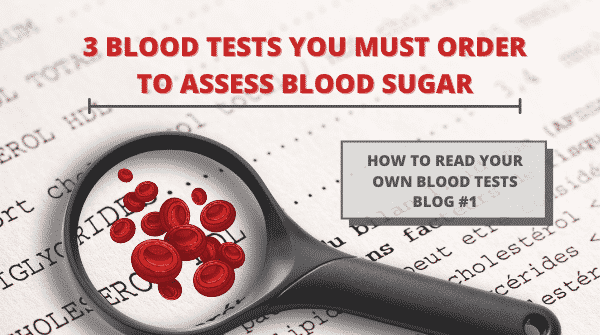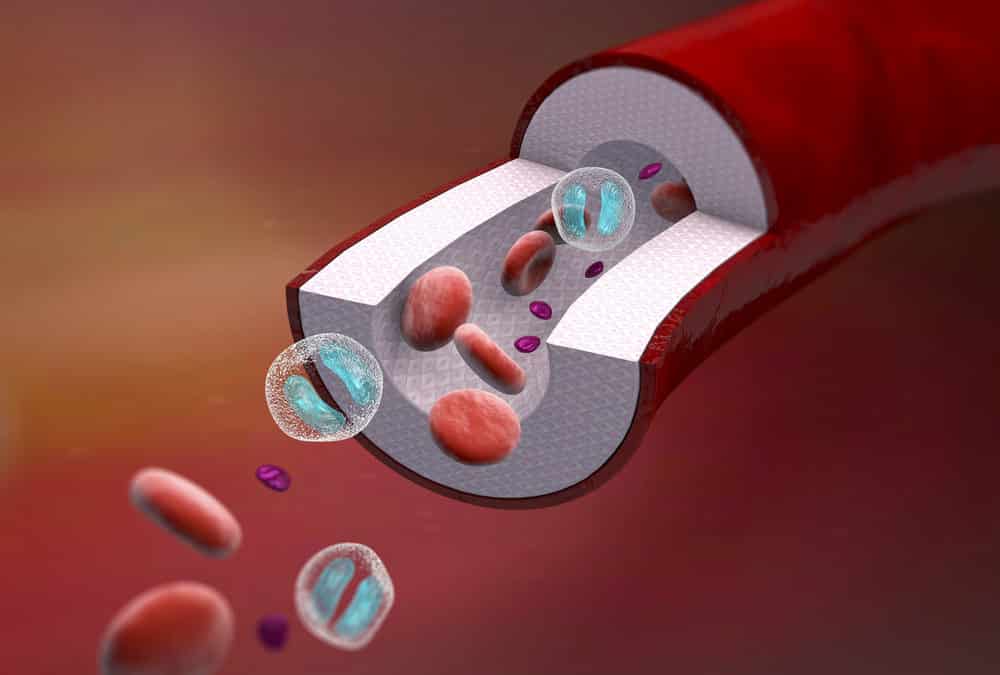7-year-old Female – Tired, Shy, Stomach Hurts
When Regina came to see me in February, she looked like a healthy seven-year-old female. I asked her mother why she thought Regina needed my help. To which her mother replied “Regina always seems tired, really quiet, and her stomach hurts. She seems really shy, but is that normal? The doctors checked her for mono and Lyme disease, but nothing came up positive. Can you help her?” I replied that I would need to see her blood tests and do my own Nutrition Response Testing exam, but I would try to help her.
What Her Previous Blood Tests Showed
I looked at her bloodwork and noticed that Regina had indeed tested negative for mono and Lyme disease. However, on her blood tests, which were very basic and not that complete, you could tell that Regina had high-normal white blood cells, and low-normal hemoglobin, hematocrit, and increased red blood cell distribution width. These three lab test would be consistent with subclinical anemia, and subclinical iron deficiency, along with subclinical B vitamin deficiency, but they weren’t quite definitive. She also had low normal iron, ferritin, and iron saturation, all tests consistent with iron deficiency. I asked Regina’s mother, “why didn’t they look into this further?” To which she replied, “I don’t know!” So, I decided to run a more extensive blood panel to test my theory. Could it be that Regina was just very iron deficient? Could it really be that easy and simple? I had a hard time believing it, so I decided to order the test.
The Case of the Missing Lab Tests
When I got the results of the lab tests, it was worse than I thought. Regina had low hemoglobin, low mean corpuscular hemoglobin, low mean corpuscular hemoglobin concentration, low normal red blood cell distribution width, low normal red blood cells, low white blood cells, and a white blood cell pattern indicating possible chronic infection. She also had even lower iron saturation, ferritin, and iron. The iron saturation was so low that I even got a red alert sent to me by the lab! Most people don’t know what these all mean, but to sum it up, these tests all point towards severe iron deficiency. And the thing causing all this? Extremely low iron, and iron saturation.
It’s Simple Nutritional Deficiency…Again!
To understand Regina‘s case, you have to understand that before someone becomes anemic, their body will deplete their iron stores in an effort to keep up the production of red blood cells. Regina‘s body had expended all of its iron in an effort to keep up red blood cell production, as well as white blood cell production, and was actually running out of raw materials to make red blood cells. No wonder she was so tired! All we had to do was give her liquid chelated iron, and some immune system supplements, and she started feeling better immediately.
Too Many Simple Cases Being Missed for Lack of Proper Testing
The big question though, is why was this missed? To be honest, I don’t know. Were the doctors just waiting for her to get worse before they’d do anything? The same patterns that I saw with her bloodwork were also evident in the blood test she had run by her medical doctor previously. I can’t fathom why they did not know that Regina was simply iron deficient and do something about it. It blows my mind. One thing I can tell you, however, is that after seeing thousands of new patients, it’s common that the lab tests run by medical doctors tend to be shortened versions of what they really need, and that things tend to be missed a lot of the time. That’s why every new patient here at my office has a complete bloodwork run. We don’t want simple cases being missed for lack of testing.
And a Happy Ending to This Story!
Today, I hear reports that Regina has much more energy, isn’t shy anymore and talks a whole lot more. I get many thanks, and I’m humbled by how easy it was to help her. And all just by giving the patient exactly what she needed—a little iron and immune support!
Sincerely Yours,
Keith Sheehan, D.C.
P.S. Two of the best ways to find the root causes of hormonal imbalance are Functional Medicine and Nutrition Response Testing. In combination, these methods work beautifully. Blood tests provide valuable information on what problems to look for and what to do about it. Nutrition Response Testing helps to fine-tune your program and even find issues that blood tests will miss.
Related Articles

3 Blood Tests You Must Order To Assess Blood Sugar
Updated October 8th, 2020 Three blood tests you must order to assess blood sugar control properly. (Your doctor is most likely only tracking one, two if you’re lucky—but definitely not three!) If you have been reading my blog for a while, or are a patient of mine, you...

Do I Have Heavy Metal Toxicity? (And What To Do About It)
It seems like many of us suffer from mystery symptoms that just won’t clear up no matter what we do—shoulder pain, back pain, skin issues, stomach pain, immune system weakness, fatigue, etc., etc. Does this mean you have heavy metal toxicity? Heavy Metals May Be The...

12 Signs You Have A Weak Immune System: Some May Surprise You
In our continued effort to help everyone keep their immune system strong, I decided to write a blog on signs you have a weak immune system. Some of these may surprise you and answer questions about symptoms that you or a loved one may have. 1. You Have Digestive...

Liver and Gallbladder: Signs, Symptoms, and Treatment
I recently found out one of the most commonly searched pages on our website is "liver and gallbladder flush". Probably because one of the most common core issues with our patients is liver and gallbladder problems (about 30-50% of our patients have a major problem...
Dr. Sheehan Reveals His Political Views On The Coronavirus—Prepare To Be Disappointed!
If you look at today’s media, you see that it’s massively polarized: some people believe that the coronavirus is going to kill us all; other people believe it’s just a mild cold; some people think it’s naturally occurring; while other people think that it’s a...

Natural Immune System Support Protocol
Please share this with your family and friends. So last week, in response to questions about how to maximize the immune system to fight the coronavirus, and any other immune system challenge, I wrote an article. If you did not see it, click on this link. Basically,...

What You Can Do to Make Yourself as Healthy as Possible to Confront the Coronavirus
By Dr. Keith Sheehan March 19, 2020 At this point, I think we’re all sick of hearing about the coronavirus. Some people say it’s the end of days, and some people say it’s totally overblown. This blog isn’t about that. I’m here to tell you what you can do besides the...

Part 3: How to Lower Blood Pressure and Prevent Heart Disease Without Drugs
This is the third part of the series about a natural approach to hypertension. If you missed the first two parts, you can check them out here and here. Now, let’s discuss some natural approaches to handling high blood pressure, to address...

Part 2: How To Lower Blood Pressure And Prevent Heart Disease Without Drugs
Last week, we covered hypertension aka high blood pressure, explained why it’s a problem, and when medications may not be the best treatment approach for many people. Now, let’s take a look at some of the causes of hypertension. Causes of Hypertension 1....

Part 1: How To Lower Blood Pressure And Prevent Heart Disease Without Drugs
By Dr. Keith Sheehan January 20, 2020 One of the most common questions I get in our office is “how do I get off of my blood pressure medicine?” You see, a recent scholarly report shows that even though blood pressure medication gets down your blood pressure, they do...

